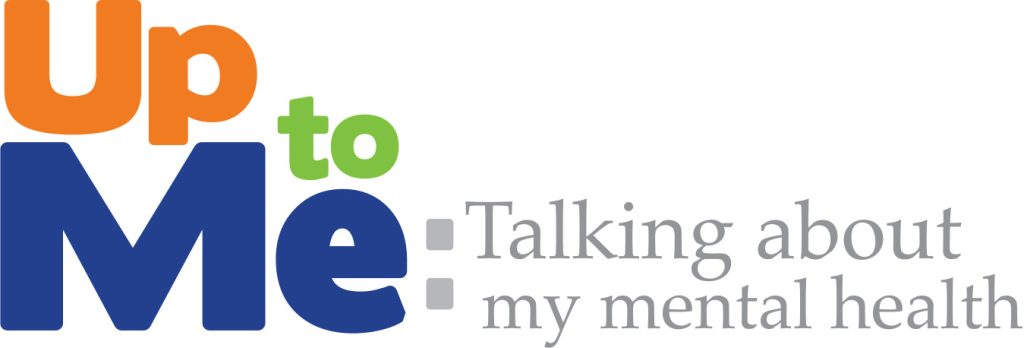
What is up to me?
Up to Me seeks to replace self-stigma that some who have faced trauma, mental illness, suicide attempts and/or other challenges with beliefs of recovery, empowerment, and hope. It does so by: helping people consider the tone of their internal narrative, explore the costs and benefits of disclosing their personal narrative, learn strategies for disclosing relatively safely, and craft a message that best represents personal goals. The Up to Me program is being disseminated throughout the globe with a variety of populations.
The various age and population focused versions include a manual for facilitators and a workbook for participants. Beyond the curriculum, Up to Me provides a framework for people to use whether making choices of their own or supporting others to make such disclosure decisions. The key concepts of this framework are:
The Story We Tell Ourselves
- When we recognize a possibility for improving our situation and make a first step towards exploring those options, we begin the path of recovery.
- On that non-linear path, we gain wisdom about and for our life.
- How others have defined the challenges and spoken about and treated others who have faced similar challenges will impact how that person understands their experience and who they are in relation to it. False ideas leading to distorted beliefs and discriminatory behaviors are the definition of stigma.
- We can identify and change hurtful self-attitudes impacted by such stigma.
- The process of changing hurtful self-talk involves identifying it, considering how it would apply to others and countering it with realistic and hopeful self-talk.
Benefits and Costs of Disclosure
- How we talk about our experiences to others will impact our self-perception and the perception others hold of us. It can also be an opening or a barrier to getting support, giving support to others, and to being known for who we are; including our strengths.
- We make decisions on a daily basis about if and how we talk about ourselves to others.
- There are pros and cons to sharing our personal challenges and wisdom gained on the path of recovery. These vary from situation to situation and person to person.
- Knowing our goal or reason for disclosing this personal information in any given situation will guide the decision of whether or not to disclose. Some goals include being understood, being accepted for who we are, receiving an accommodation that allows us to meet expectations in school or work and relationships, offering support to someone else, etc.
Points to Consider When Deciding About Disclosure
- There are characteristics that we can look for in another person to help us decide if that person will likely help us to meet our goal once we have disclosed to them. We can even test that person out before disclosing to them to see how they respond generally to people who face similar challenges we have faced.
- When faced with a disclosure decision our options are to disclose, not to disclose and to postpone our decision.
- If we choose to move from isolation or secrecy, we may decide to select one person or a small group of people or we may choose to speak out to all who will listen. When we speak out to broad audiences, we most often do so for advocacy purposes.
If the Decision Is to Disclose
- If someone does not respond in the way that we had hoped, our most powerful, gracious and helpful response is to let them know what we were hoping to have happen as a result of our disclosure (our reason) and that we had assessed them as someone who could respond in that manner.
- Sharing our story is most often done in small segments over time. We share more or less of our story based on the goal of the disclosure. We are in control of how much and in what detail we talk about our experiences.
- If part of our goal in disclosing is to reduce the stigma, it is important to disclose our strengths that we brought to our challenges and those we have discovered in recovery.
- We are not alone. Others are making these daily decisions about disclosing their experiences. Peer support can be very helpful and comforting.



